
Source: Naver
Former editor-in-chief of music critique magazine IZM, Korean Music Awards' selection committee member, and pop culture critic Jung Minjae is one of the leading young critics in Korea.
Jung Minjae sat down for an interview with the Korea JoongAng Daily to further share what popularity means in the current K-pop scene.
According to the article, K-pop acts are topping international music charts, selling millions of albums, and racking up millions of views on YouTube, and yet Koreans in the general public confess that they’ve never actually heard their songs or even really know who they are.
Jung Minjae explained why those quantitative results tell a different story from the real world. Firstly, Jung Minjae stated, "To the general public, BTS doesn’t have that much popular appeal either. People know who they are from the news that they topped the Billboard charts and whatnot. But the majority of Koreans have only heard of 'Butter' from the news and haven't really listened to the song. In that sense, BTS isn't that different from other boy groups."
Jung Minjae answered Korea JoongAng Daily's questions. Minjae stated that nobody really buys CDs to actually listen to them.
Q. CD sales, music video views, and streams are seen as indicators of how popular a K-pop act is. How accurate are they?
A. I don't think they reflect the general public's reaction in terms of whether the release was popular and widely listened to among the masses. How many people do you know that buy CDs actually to listen to them? Considering that, it makes no sense that these boy groups sell two or three million copies. A significant contribution to this is due to fans buying in bulk.
That being said, do those indexes not reflect reality at all? It’s becoming increasingly murky because what is that reality people talk about? Let’s say ten fans each buy 100 copies of an album. It doesn’t mean 1,000 people purchased that album, but are those ten loyal fans not part of the general public? It’s still meaningful that the singer has a sturdy fan base, and that’s an essential reality in today’s K-pop.
Q. Then what would be more accurate indicators today?
A. Nowadays, a song is a hit if the general public is talking about it, especially if elements from the song are used widely as a meme to go viral. A great recent example was “Next Level” by aespa, which was a megahit in the sense that the public talked about it like "Have you heard the strange lyrics and song structure?" It eventually turned into a viral meme on social media and was even used on the ballot, counting TV broadcast animations during the presidential election back in March. When something becomes a meme, it means that a large part of the public recognizes it.
Q. Tell us more about what CDs mean in today’s K-pop industry.
A. CDs are now souvenirs for fans. For instance, before girl group NMIXX debuted in February, its agency JYP Entertainment launched a limited-edition “blind package” of the group's debut EP. This was last summer, and even the group name and members had not been revealed at the time, let alone the EP’s tracklist. I’m assuming many of the purchasers aimed to resell them to fans later, but it shows what CDs have become.
Fans buy CDs competitively in a show of support for their favorite artists by boosting their sales in the first week.
A negative consequence of this obsession with numbers is that only the commercial side of albums gets emphasized, not the actual music. The numbers are mostly for fans and the industry to self-celebrate, "Look, we sold over 6 million copies last year!"
Q. What are other negative consequences of K-pop's emphasis on numbers?
A. To boost sales, entertainment companies have been randomizing album packaging designs and collectible components inside. The CD market was thought to have collapsed in the mid-2000s due to digital downloads, but then boy group TVXQ saw huge success with their 2008 album 'Mirotic,' selling over 500,000 copies.
After that, entertainment companies got bolder with their marketing tactics. SM Entertainment first introduced randomized photo cards in Girls’ Generation’s second full-length album, "Oh!". How many copies would fans have to buy in order to collect the photo cards of all nine members?
Q. BTS is considered to be the most successful K-pop act. What about their popularity?
A. Before 'Dynamite,' BTS's songs like 'DNA,' 'Boy With Luv,' and 'On' did enter the Billboard charts, but most of their ranks dropped after a couple of weeks. That suggests that rather than being organic hits, those songs were boosted on the charts thanks to the power of their fandom.
I think BTS was at a crossroads before releasing 'Dynamite' whether to maintain their musical identity or aim for No. 1 on Billboard. I'd say they chose the latter. 'Dynamite' was not self-produced, and the lyrics were in English to come across as more familiar to American listeners.
Commercially, it was a smart choice, but I hope this phase of BTS doesn't last long in terms of their musical style. I once talked about this and got so much backlash. But the lines of 'Dynamite,' 'Butter,' and 'Permission to Dance' didn’t have BTS's own color.
BTS initially rose to success for their unique music and self-written lyrics that were honest, relatable, and contained social critiques. I’d like to see that BTS again.
Q. Why do the numbers not reflect reality fully?
A. Koreans who remember the days of Koreans all singing along to nationwide hits, like Wonder Girls' 'Tell Me,' lament that K-pop has lost its 'general public popular appeal.' They call all these sales numbers and fandoms 'leagues of their own.'
Before K-pop idol music as we know it today emerged in the '90s, young generations, and their parents all listened to the same singers. Nowadays, I hear boy group NCT is really popular among teens, but most people in their 20s and above don’t know a single member or song from NCT. Does that mean those K-pop idols are unpopular? No, it means the content is more individualized today.
Q. When did this rift start?
A. The estrangement between public appeal and fandom power is especially noticeable among boy groups. Girl groups still tend to make music more palatable to the general public. We’re no longer seeing songs like that from boy groups anymore. But until the early 2010s, boy groups like SHINee, Bigbang, and Infinite also produced widely-known hits.
Things started changing in the mid-2010s when boy groups like EXO and BTS became bolder in incorporating hip-hop elements into their music, ending up with songs that are too convoluted to appeal to the masses.
Instead, boy groups started going for new concepts and visually overwhelming performances like 'kalgunmu' (dancing in perfect sync), which set them apart from Western pop.

 SHARE
SHARE
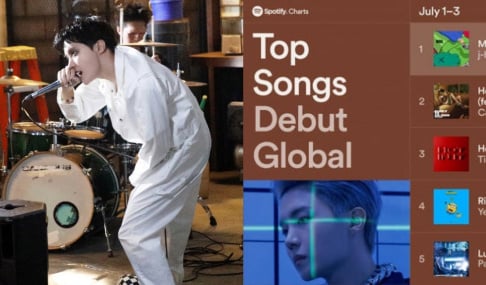
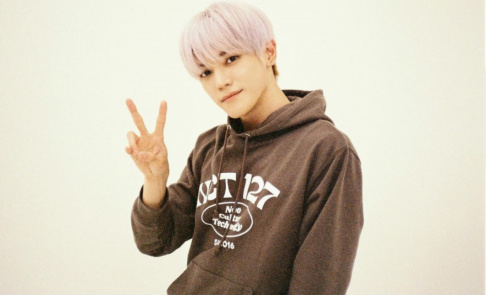


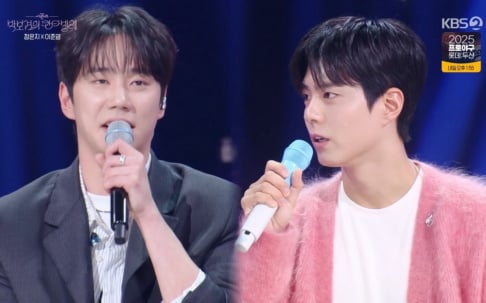













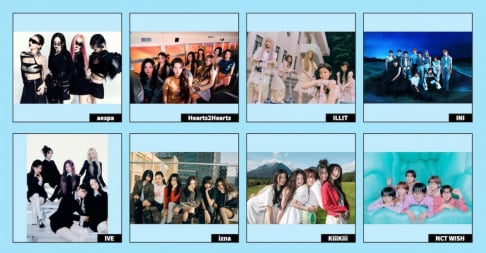





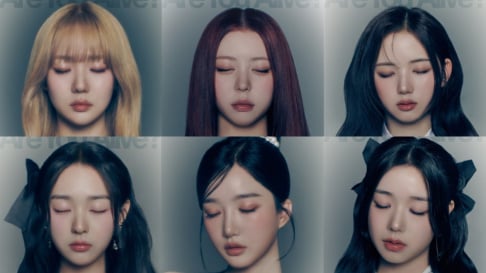
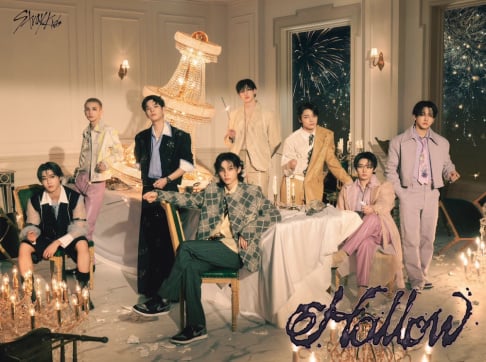




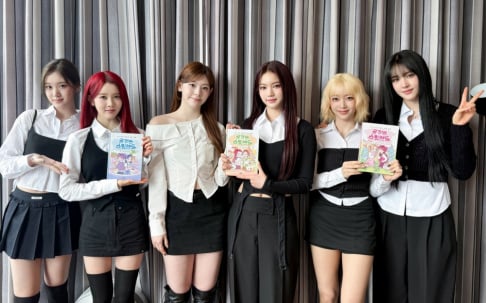




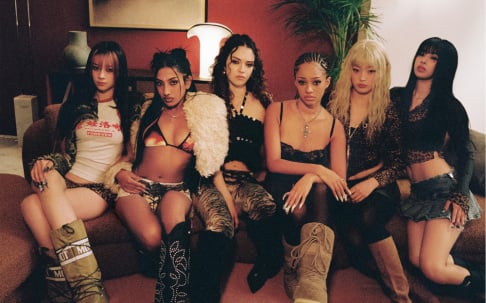









this man spilled soooo much tea, its impossible for me to pinpoint and copy and paste anything in particular but in general he hits the nail in the coffin and anyone who disagrees with him is clearly delusional of the REALITY.
-
I still remember meeting Koreans during late Gen 2 and they had no idea who a bunch of groups I name dropped were. Korean people are more interested in soloists and basically the type of artists you would hear at a cafe. K-pop has and continues to be primarily targeted at teens.
28 more replies